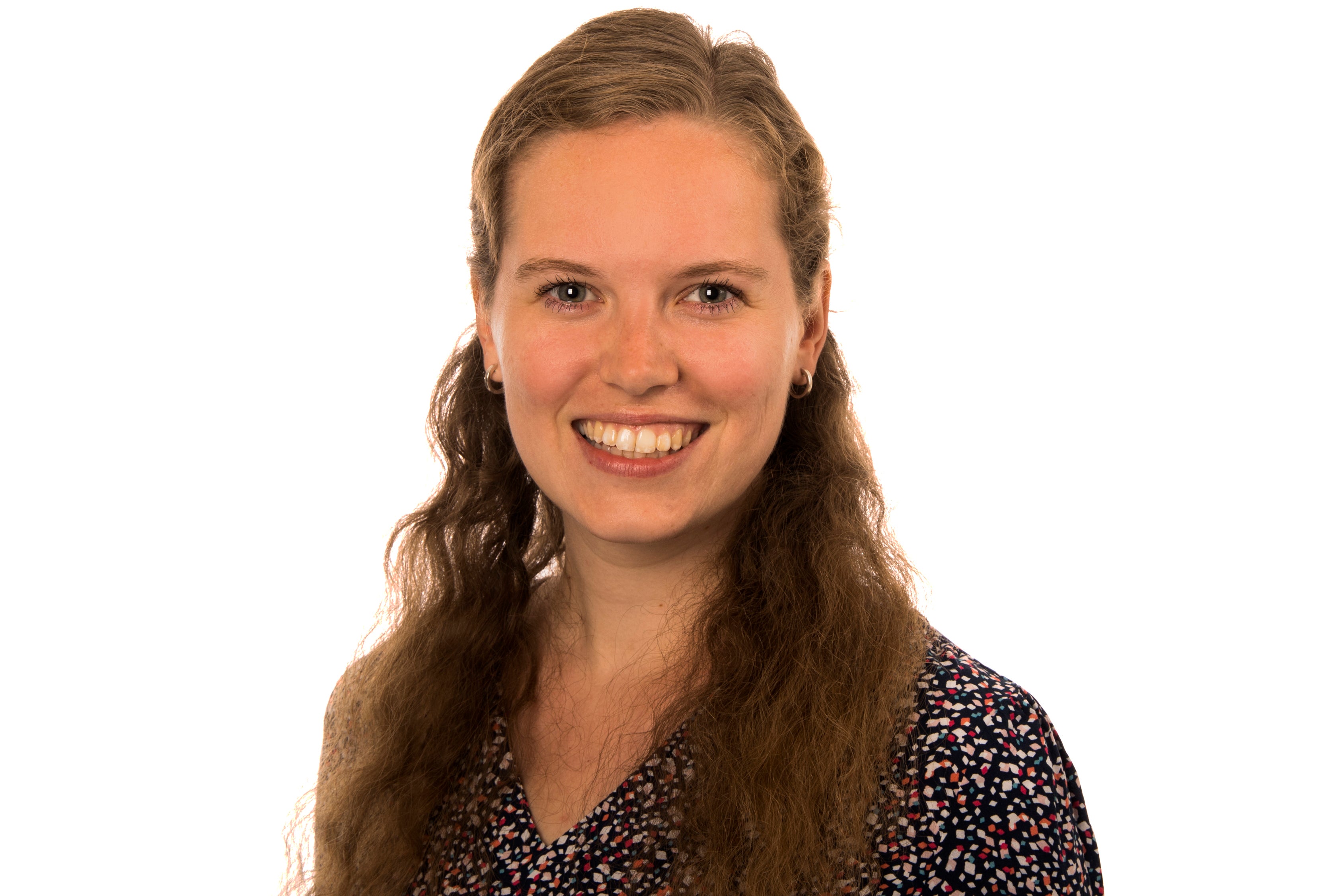This paper models, quantifies, and analyzes the environmental impacts of Product Lifetime Extension (PLE) on circular materials in the short and long term. The European Aluminum Rolled Products Automotive Supply Chain (ARPASC) is used as a case study. We present a system dynamics model for the European ARPASC to fit short-term and long-term goals. The computational results show that PLE reduces the demand for products and primary and secondary resources in the short and long term. A 25% PLE starting in 2025 is found to reduce the global warming potential of the European ARPASC by 16.7% in 2050. The results of different scenarios show that the degree of PLE and the timing of its implementation should be chosen carefully to ensure that the long-term objectives of the Paris Agreement are achieved without compromising short-term goals. PLE proves to be a sustainable product development strategy for realizing the European Green Deal.
Marieke van Keeken: Product lifetime extension and circularity 6 November 2024 16:00 - 17:00
About Marieke van Keeken: Product lifetime extension and circularity
Starting date
- 6 November 2024
Time
- 16:00 - 17:00
Location
- VU Main Building
Address
- De Boelelaan 1105
- 1081 HV Amsterdam
Organised by
- Operations Analytics
Language
- English
Marieke van Keeken
Marieke van Keeken followed the Bachelor of Business- and Consumer Studies at Wageningen University and graduated in 2018. Thereafter she started the European Master in System Dynamics in 2020 and graduated with an MPhil from University in Bergen and an MSc from the Radboud University in 2022. Marieke is currently at the start of her third year of a PhD in the Operations Analytics department at the School of Business and Economics of the Vrije Universiteit in Amsterdam. Her research focuses on circular supply chains.

Interested in attending the seminar or in giving a talk?
Please send an email to Tim Oosterwijk